.jpg?sfvrsn=224261b9_0)
Emily Hemendinger, LCSW, MPH, CPH, ACS is currently an Assistant Professor, Clinical Director, and DBS Coordinator with the OCD Program, Department of Psychiatry, University of Colorado Anschutz School of Medicine. Emily completed her dual degree program (Masters in Social Work and Masters in Public Health) from the University of Pittsburgh. She has over 10 years of clinical experience working with OCD, anxiety disorders, perfectionism, body image concerns, and eating disorders. Emily has a background in behavioral and community health sciences, health education, and health promotion. Her passion is combining her mental health and public health work, with specific focus on reworking our society’s relationship with food and self-image.
Emily utilizes an eclectic approach to therapy, focusing on meeting you where you are at in your mental health treatment journey and empowering you to live a fulfilling and values-based life. She is trained in and pulls therapeutic concepts from Acceptance and Commitment Therapy (ACT), Exposure Response Prevention (ERP), Cognitive Behavioral therapy (CBT), Dialectical Behavioral Therapy (DBT), Emotion Focused Family Therapy (EFFT), Somatic Experiencing (SE), Internal Family Systems (IFS), and Cognitive Processing Therapy (CPT). Emily is LGBTQ+ affirming and works with people from diverse backgrounds. While not at work, Emily enjoys spending time with her aussie corgi mix, Harrison Ford Hemendinger, hiking, climbing 14ers, and finding the best ice cream places Colorado has to offer.

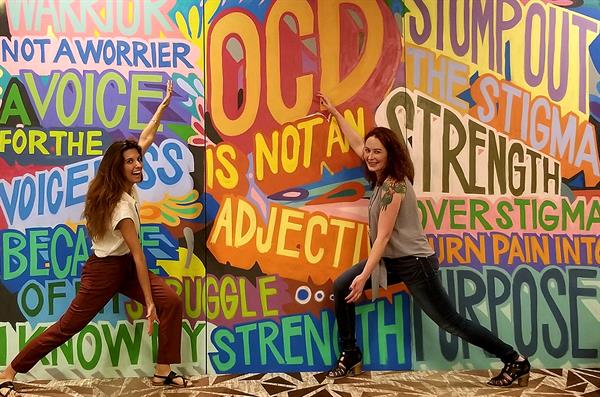
.jpg?sfvrsn=fc4261b9_0)
.jpg?sfvrsn=224261b9_0)
![Patel, Mokshajpg[64]](https://www.ucdenver.edu/images/librariesprovider45/default-album/patel-mokshajpg-64.png?sfvrsn=f38696ba_0&MaxWidth=275&MaxHeight=275&ScaleUp=false&Quality=High&Method=ResizeFitToAreaArguments&Signature=4F5F45DB3A46250DEA2EA7B68DFD1BA86DDEF6AE)
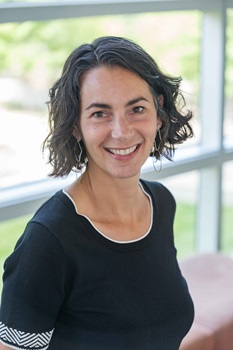

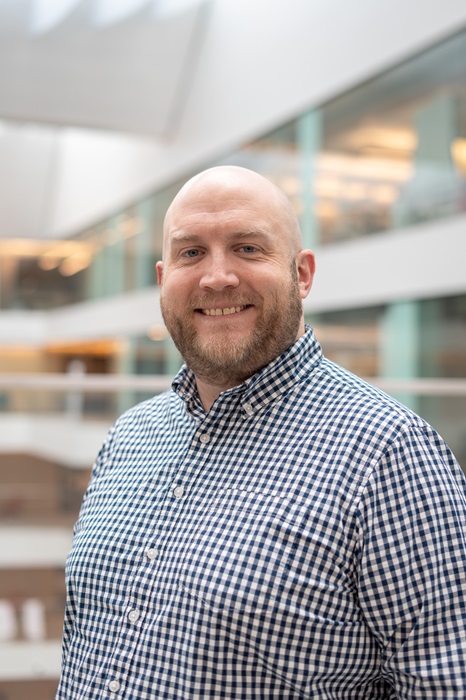
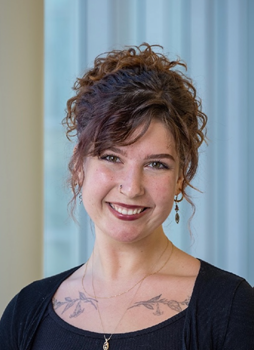
.tmb-image350.jpg?Culture=en&sfvrsn=bd7166b4_1)
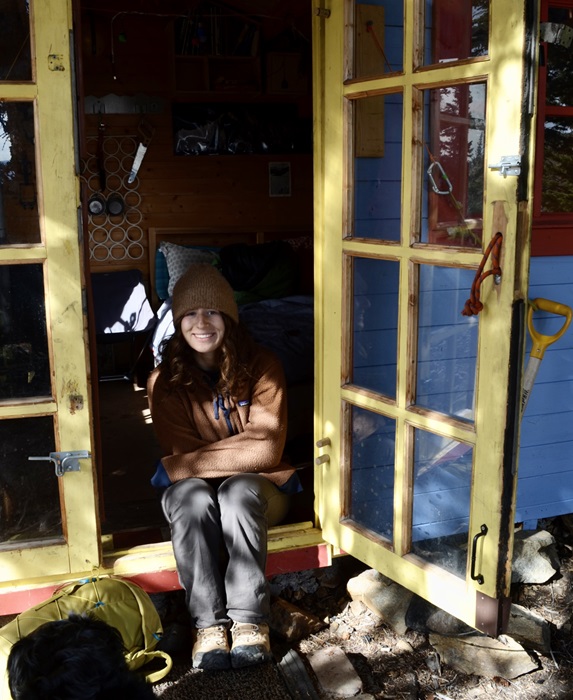
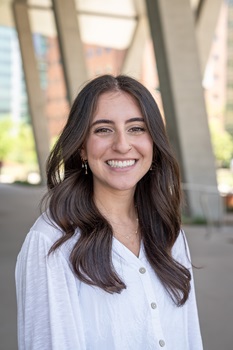
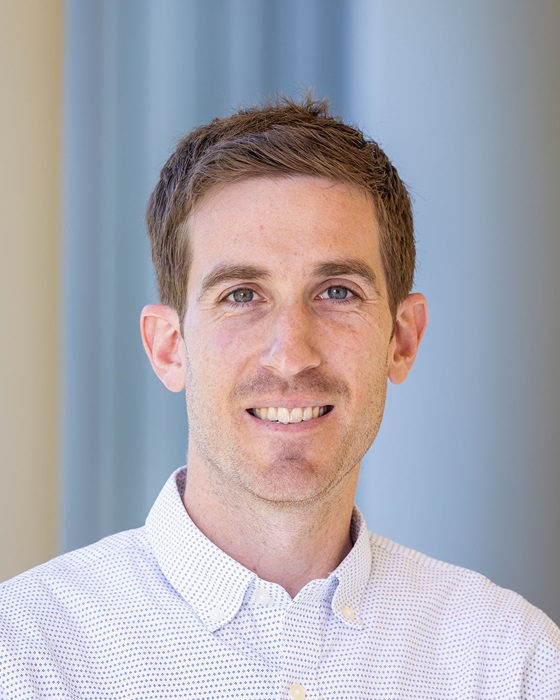
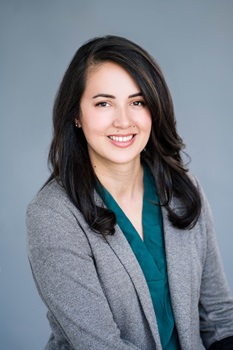
![ElizabethFenstermacherHeadshot[22]](https://www.ucdenver.edu/images/librariesprovider45/default-album/elizabethfenstermacherheadshot-22.png?sfvrsn=19496ba_0&MaxWidth=200&MaxHeight=200&ScaleUp=false&Quality=High&Method=ResizeFitToAreaArguments&Signature=A13D20054E0E2044ED275B5C5C70DEBF47BF5F58)
